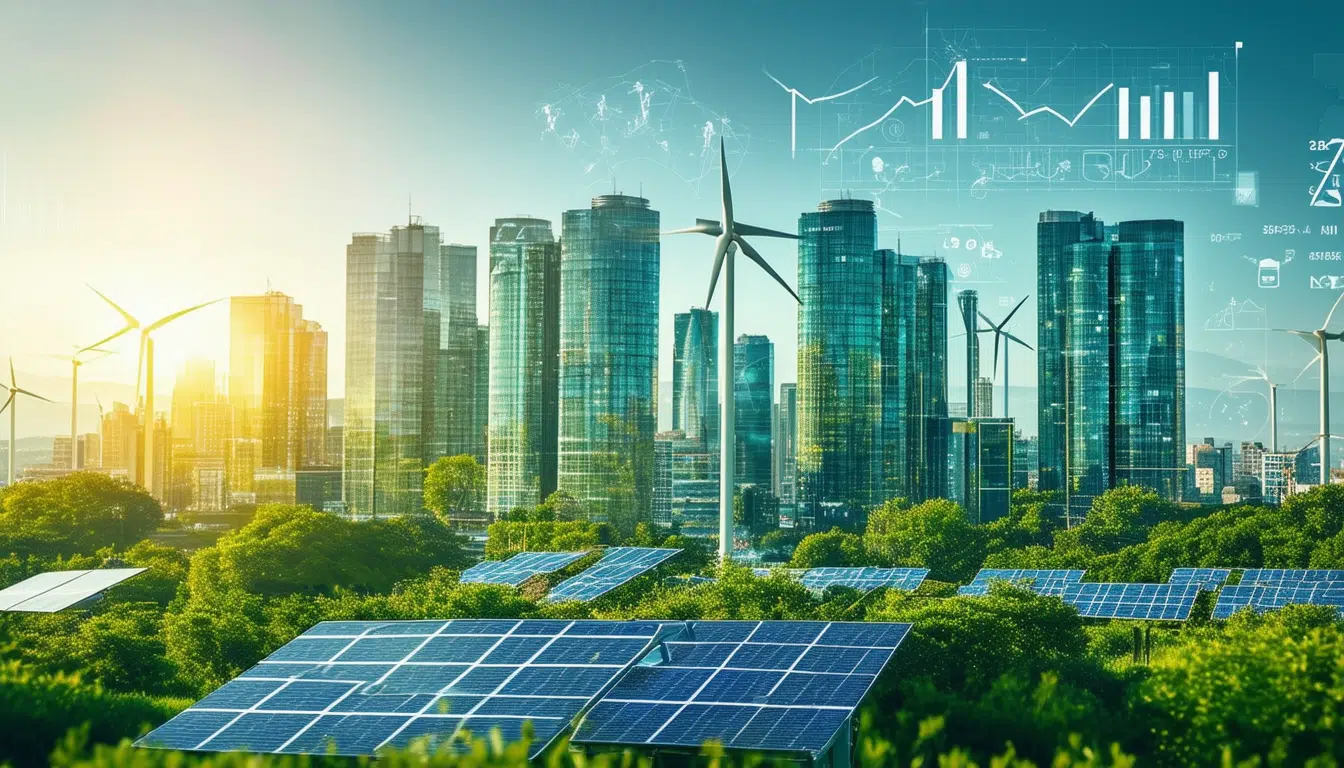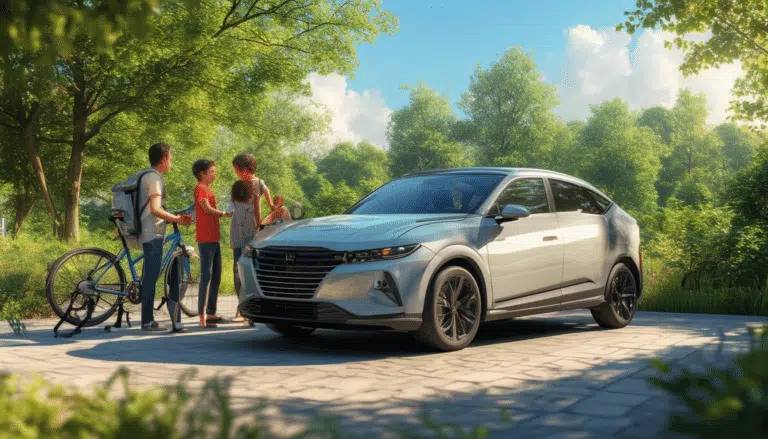The relationship between energy efficiency and the economy

The energy efficiency and the economy are intrinsically linked in a context where the sustainable use of resources becomes increasingly relevant. Improving energy efficiency not only implies cost savings, but can also stimulate economic growth by freeing up resources that can be reinvested in various sectors. This approach not only benefits individuals through lower energy bills but also benefits communities and nations as a whole, promoting sustainable and responsible economic development. Understanding and leveraging this relationship is key to moving toward a more prosperous and environmentally respectful future.
Energy efficiency has become a key topic in the discussion about the global economy. Improving energy use efficiency not only involves reducing costs but also fostering sustainable economic growth. This article explores how energy efficiency positively impacts the local and global economy, offering benefits that extend beyond immediate financial savings.
Economic benefits of energy efficiency
Achieving a more efficient use of energy brings with it many economic benefits. First, it translates into a reduction in energy bills, allowing both households and businesses to allocate resources to other sectors of the economy. This energy savings generates a multiplier effect, boosting economic activity by freeing up capital to be invested in goods and services.
Cost reduction and increased competitiveness
As companies implement energy efficiency measures, their ability to reduce costs serves as a competitive factor in the market. Organizations that invest in more efficient technologies often see an increase in their productivity, as they can operate more profitably than those that do not adopt such measures. This not only improves the profitability of businesses but also strengthens the economy as a whole.
The influence of technology on energy efficiency
Technological innovations play a crucial role in improving energy efficiency. From energy management systems in industry to efficiency devices in homes, technology allows for significant optimization of energy use. For instance, the use of advanced technologies not only reduces energy consumption but also minimizes pollutant emissions, contributing to a healthier environment.
Sustainable initiatives and their impact on the economy
Initiatives to promote energy efficiency are increasingly being supported by various governments. Programs that encourage the use of renewable energy sources and sustainable practices not only reduce energy spending but also create new jobs in emerging sectors. These policies aim to improve the economic well-being of communities.
Rebound effect and its economic consideration
Although improving energy efficiency offers many benefits, it is important to consider the phenomenon known as the rebound effect. This occurs when an increase in energy efficiency leads to a reduction in use cost which causes an increase in energy consumption. Therefore, it is crucial that efforts to promote efficiency are accompanied by other policies that regulate consumption.
Implications for the circular economy
The circular economy, which seeks to use resources more responsibly and sustainably, benefits significantly from energy efficiency. Implementing practices that encourage the reuse and recycling of materials not only decreases energy demand but also contributes to a more resilient economy that is less dependent on fossil resources. This creates a virtuous circle where both efficiency and economic growth reinforce each other.
A brighter future through energy efficiency
As society moves toward a more sustainable future, energy efficiency positions itself as a key strategy for addressing economic and environmental challenges. Businesses and governments that adopt these practices will not only benefit in terms of cost reductions and economic growth but will also contribute to the overall well-being of society.
Companies seeking to improve their energy efficiency and learn more about its implementation can consult resources such as guides on implementing measures that offer practical tips and effective strategies. Additionally, the debate about the myths and realities of fuel savings remains essential for a broader understanding of how these issues are interrelated in the current economic context, as mentioned in this article.
Energy efficiency has become a fundamental pillar for improving the economy at both global and local levels. Adopting practices that promote responsible energy use not only contributes to cost reductions in utility bills but also frees up financial resources that can be reinvested in various areas of the economy. This reflects how the implementation of efficient measures can be a driver of sustainable growth.
A critical aspect to consider is the phenomenon of the rebound effect. As improvements in energy efficiency lower costs, there is a risk that total energy consumption may increase, potentially offsetting the expected benefits. However, by being aware of this effect, public policies can be designed to mitigate these challenges, thus fostering a more responsible and conscious use of energy among consumers.
Furthermore, the relationship between energy and economic development is undeniable. Countries that invest in energy efficiency technologies not only reduce their dependence on natural resources but also create new jobs in sectors such as green technology and building rehabilitation. This transformation not only helps mitigate climate change but also improves the economic and social well-being of citizens.
Finally, the link between energy efficiency and the circular economy is key in the pursuit of a more sustainable future. Promoting an economy where resources are reused and revalued can have a positive impact both on environmental conservation and economic growth. Thus, energy efficiency emerges as an indispensable tool for building a more prosperous and sustainable future, benefiting both the global economy and local economies.






